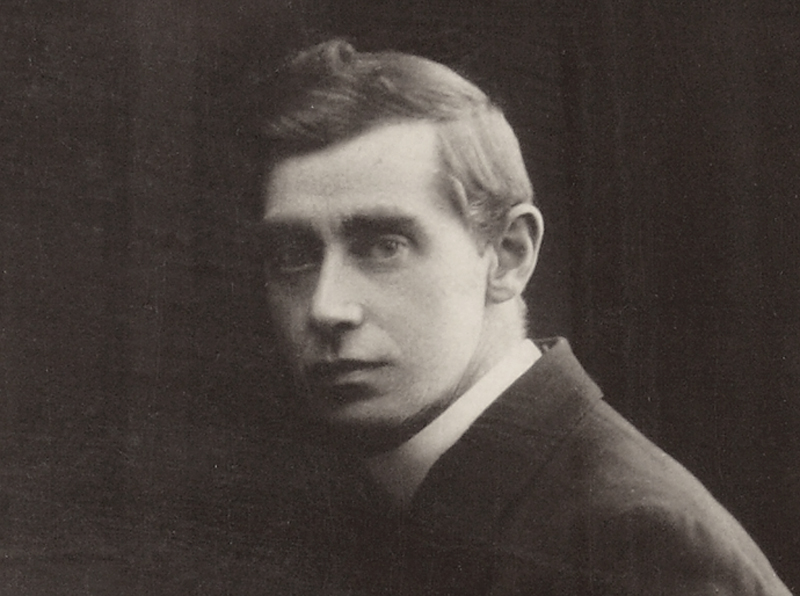William was born 18 May 1884 (though it’s also claimed he was born in ’85 and ’86, depending on which census/documents you check) and followed his three elder brothers into the priesthood. Newly ordained, William Arendzen SSE was posted to St Labre Indian School, Montana, arriving by ship in Quebec on Oct 13, 1913 where he stayed until he was transferred in 1921. In a letter to another Edmundite father, Bishop Lenehan wrote:
“Father Arendzen was up this week and told us everything was going on well at the mission. The Indians were never so contented as they seem at present. Mother Gertrude (Ursuline) wrote me that the church was filled to the door at Mass on Easter Sunday. Nearly all the Indians received Holy Communion, some of them made their first Communion. I think the grace of God is at present working wonders among the good Cheyenne . . .”
You can read a one hundred year history of St Labre on their website. Whilst working with the Indians, William was made honorary “Big Chief Pink Ear” and when he eventually returned to England, he brought with him two large trunks full of Indian paraphernalia; headdresses, moccasins, tomahawks etc.
William later became parish priest at Porthcawl, in the diocese of Cardiff, where he remained until his death.
There is a remarkable collection of photographs, supplied by my cousin Mark Stancombe, showing William amongst the Cheyenne Indians in Montana. You will find them by clicking ‘Photographs’ and selecting ‘Indian Mission’ in the dropdown menu.
Click the following link for interactive tree and further information on William Arendzen
William Arendzen, parish priest at Porthcawl, Wales.
When William completed his work as a missionary in Montana he returned to the UK and became parish priest at Porthcawl, in the diocese of Cardiff.
I am grateful to Mary Daley-Swann for sending me this photograph, which shows William at the reception after he had officiated at the wedding of Marie, one of Mary's friends. It is believed to have been taken some time in the fifties.
Marie, tells this amusing anecdote: "He was a very dear kind man who brought out the best in people. He also had a broad approach to '' fixed'' principles, eg, before our wedding asked us not to request for music as it was forbidden at mixed marriages. The organist would then ask what we wanted and explained that she would play and if a complaint was made he could honestly say he didn't know it was going to happen."

